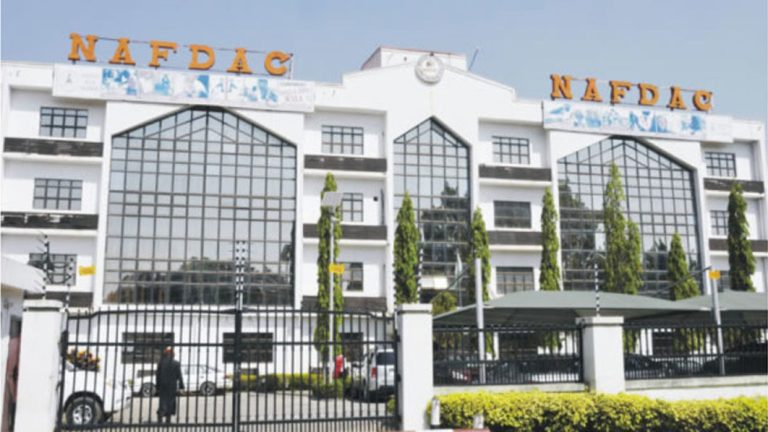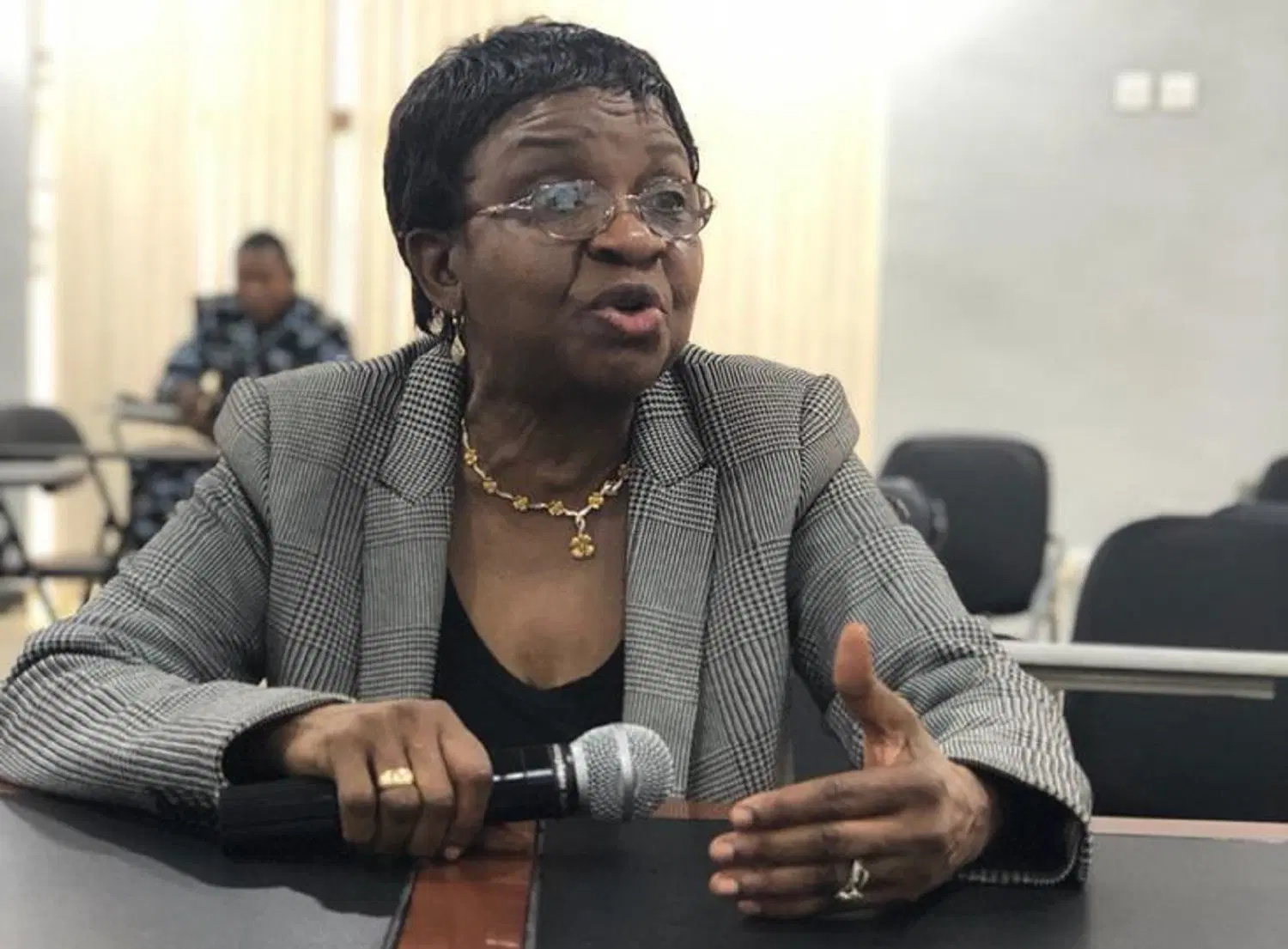
The National Agency for Food and Drug Administration and Control (NAFDAC) has unveiled new technologies to tackle the growing menace of substandard and falsified medical products, particularly in Nigeria’s Northwest Zone.
Speaking at a sensitisation workshop in Kano, NAFDAC’s Director-General, Prof. Mojisola Adeyeye, represented by the agency’s Director of Post-Marketing Surveillance, Mr Bitrus Fraden, introduced three key initiatives—the GreenBook, Traceability Project, and Pediatric Policy.
The “GreenBook” serves as a digital tool to help consumers identify and avoid fake or substandard products. The “Traceability Project” establishes a legal framework to track pharmaceutical products along the supply chain, ensuring authenticity.
Meanwhile, the “Pediatric Regulation 2024” addresses the special medical needs of children by ensuring the safety and efficacy of paediatric medicines.
“With this technology, stakeholders can detect and prevent the entry of fake products into the supply chain,” Adeyeye stated, adding that the workshop aimed to equip healthcare providers, manufacturers, and wholesalers with the knowledge to combat counterfeit drugs.

As counterfeiters adopt more advanced methods, NAFDAC is stepping up efforts with technology-driven solutions and increased stakeholder engagement.
The agency has previously deployed measures such as consumer safety publications, publicising counterfeit products in newspapers and TV programmes, and leveraging social media to create awareness.
NAFDAC’s Northwest Zone Director, Mr Fraden Mullah, acknowledged that the region, especially Kano, remains a hotspot for fake and counterfeit products, making detection and categorisation of substandard medicines a challenge. He warned that the agency has the legal power to prosecute offenders, with penalties ranging from product seizures and business closures to revocation of licences.
Adeyeye stressed that combating counterfeit medical products requires a collective effort beyond regulatory enforcement.
She urged all stakeholders, including pharmacists, medical professionals, and drug distributors, to support the agency’s initiatives to ensure Nigerians have access to safe and effective medicines.

Comments
Post a Comment